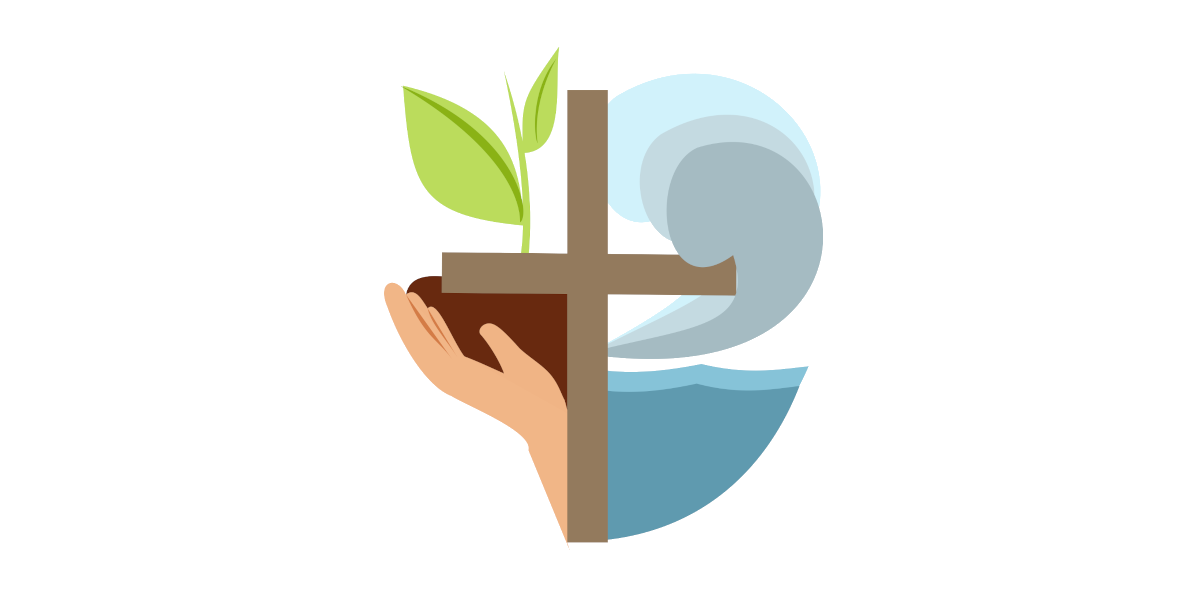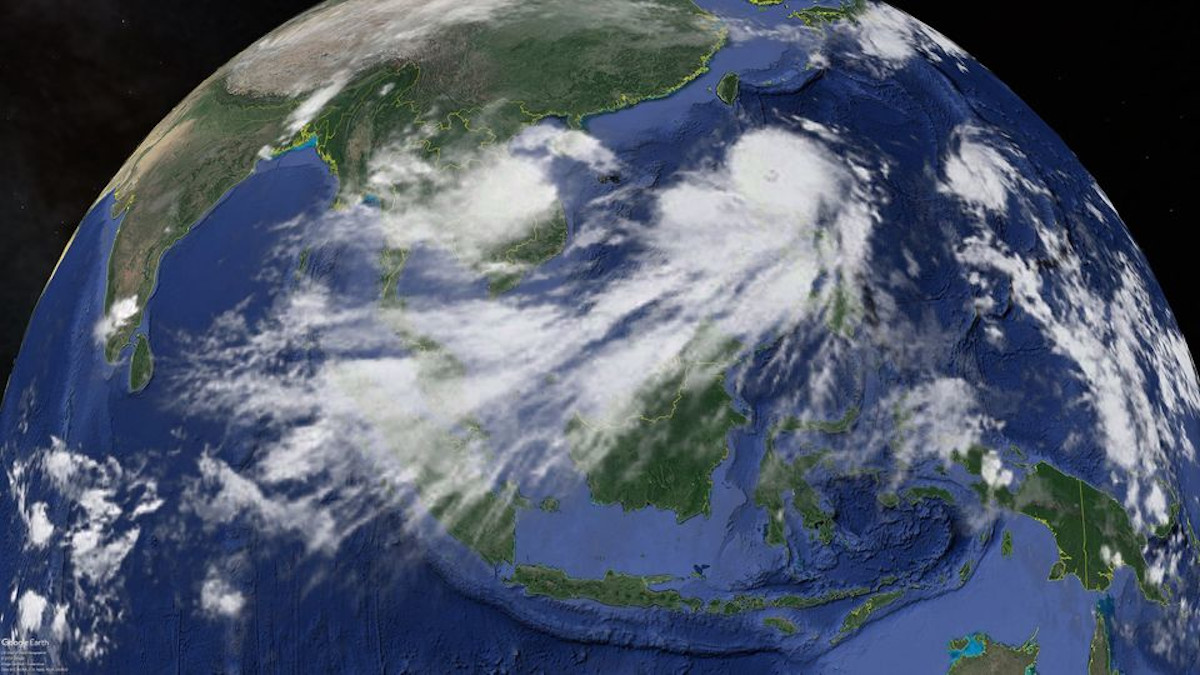 For the hundred or so people gathered on Zoom on 24 November, it was a big day for the climate movement. The River Above Asia and Oceania Ecclesial Network (RAOEN) was launched online, uniting the energies, hopes, and dreams of people from Asia and Oceania with those of ecclesial networks across the world promoting integral ecology.
For the hundred or so people gathered on Zoom on 24 November, it was a big day for the climate movement. The River Above Asia and Oceania Ecclesial Network (RAOEN) was launched online, uniting the energies, hopes, and dreams of people from Asia and Oceania with those of ecclesial networks across the world promoting integral ecology.
Oceania and Asia share a common image in the “River Above”. The Pacific comprises one-third of the planet’s surface and is the largest climate determinant on Earth producing much of the oxygen and the climate of the world. Asia and Oceania are rich not only in biodiversity but also in cultural diversity. However, the region’s forests, waters, and people are threatened by climate change exacerbated by human and political systems that are driven by consumerism and urbanisation without regard for the balance of the land.
As an inter-federation ecclesial network involving the Federation of Catholic Bishops’ Conferences of Oceania and the Federation of Asian Bishops’ Conferences, RAOEN seeks to develop, integrate, and mainstream a coordination framework for promoting integral ecology. It proposes dialogue, discernment, deeds, and desires as four ways of coming together as people and Church. Cardinal Luis Antonio Tagle, Prefect of the Congregation for the Evangelisation of Peoples, and Cardinal Peter Turkson, Prefect of the Dicastery for Promoting Integral Human Development, were among those who shared words of encouragement and support for the network.
RAOEN’s approach encompasses collaborative engagements with indigenous and local communities, youth, and other faith-based organisations within and beyond Asia and Oceania. At the virtual launch, this cultural diversity was highlighted by testimonies from members of indigenous groups. Sr Makareta Tawaroa of the Sisters of St Joseph shared the Maori values of Rangatiratanga (leading by example), Whakapapa (belonging to), and Kaitiakitanga (caring for); Yeni Kristanti related how the people of Sawa Erma parish in Papua are coping with Covid-19; Rosalyn from Loikaw in Myanmar’s Kayah State recalled a time in her childhood when food waste was unheard of and plastic bags were a rarity; and Somnuek of the Karen tribe in northern Thailand shared the Buddhist ritual of forest ordination. Interfaith and indigenous wisdom like these are important for RAOEN.

Archbishop Peter Loy Chong, President of the Federation of Catholic Bishops’ Conferences of Oceania, said the network gives them much excitement and hope for synergy with their own action plan. He pointed out how extractive industries are damaging not only the environment but also the relationships and interconnectedness of families and tribes who have chosen to relocate because of conflicts and divisions triggered by these industries.
Victoria Tauli-Corpuz, former UN Special Rapporteur on the Rights of Indigenous Peoples and member of the Igorot tribe of the Cordillera in the Philippines, trusts in the important contribution of ecclesial communities to the lives of indigenous peoples whose very survival depends on their natural resources and culture. “The network will be able to help in bringing forth alternatives we can all support,” she said.
The urgency to act now is compelling. We have only 11 years to limit global warming to 1.5°C. As Cardinal Oswald Gracias, President of the Catholic Bishops’ Conference of India, pointed out: “There is just a small window before the situation becomes irreversible.” With such urgency, where do we even begin? For RAOEN, the place to start is right where we are.
“The broken threads of social and ecological harmony are everywhere to be found,” said RAOEN founder and Ecojesuit Global Coordinator Fr Pedro Walpole SJ. Living in urban centres can make us lose sight of the life systems that highlight the connectivity of water, land, life, and climate. Yet, Fr Walpole believes that “the yearning of the human spirit for a simple life doesn’t have to go unanswered”.
While plenty of challenges lie ahead, RAOEN’s goal is for people to hear the message of hope. “Despite of – or because of – our problems, living our faith allows us, by the grace of God, depth of conversion to become people of hope,” said Fr Walpole.
RAOEN’s call is for a solidarity of vision, a vision in which care is the integrating process. “[There] is occasion for much distrust, division, and dissolution,” said Fr Walpole. “We seek to provide greater listening, dialogue, and discerning with deeds – deeds of care that connect people.”
Watch the RAOEN Year of Weather video:

